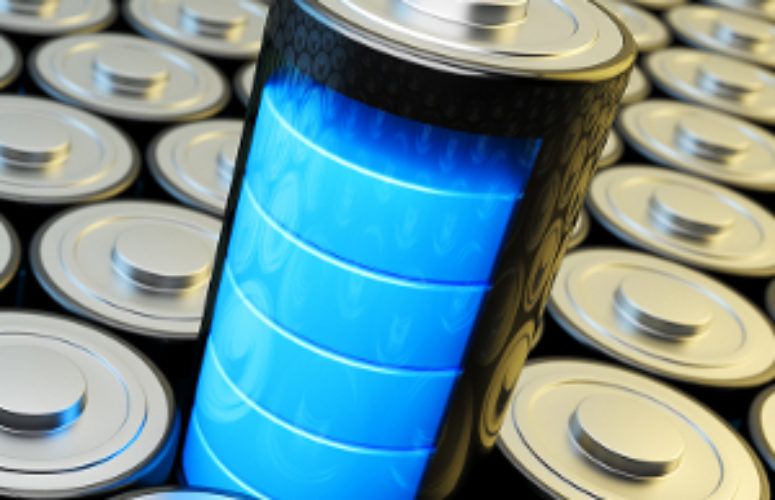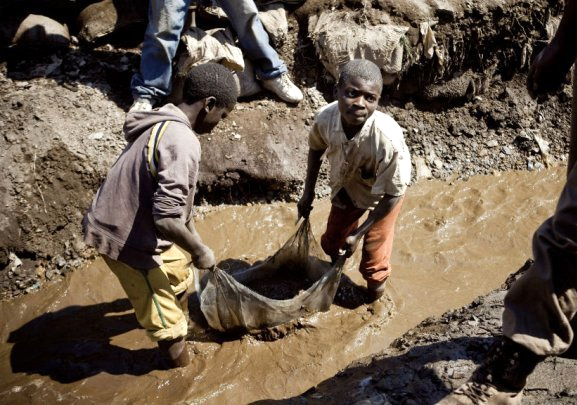

Formalization entails putting fences around active mining areas, hiring guards, and developing strict safety protocols that are safeguarded by local mining cooperatives, including the distribution of boots, gloves, and other personal protection equipment. Second, the only way to make real progress in limiting child labor or improving mine safety is to formalize these ASM sites.

It is not credible for any company to assert that its own operations are fully insulated from ASM mining. They need both to accept their own share of responsibility for addressing the challenges and play a role in developing enforceable safety and labor standards. Based on her visit to the DRC in December, Baumann-Pauly makes several sensible recommendations about how global mining companies and relevant governments need to address the cobalt market.įirst, corporate buyers of cobalt should acknowledge that ASM is an integral component of cobalt mining in the DRC. Released this week and entitled, “ Cobalt Mining in the Democratic Republic of Congo: Addressing Root Causes of Human Rights Abuses,” the paper is co-published by the NYU Stern Center for Business and Human Rights, which I direct, and our sister organization, the Geneva Center for Business and Human Rights at the University of Geneva, which Baumann-Pauly heads.

“ How Is Your Phone Powered? Problematically.The second, more prescriptive (and hopeful) publication is a white paper by my colleague Dorothée Baumann-Pauly.“ Clean Energy’s Dirty Secret-Human Rights Abuses in Cobalt Mining”, Newsweek Magazine, January 25, 2023.“ Shocking Truths Behind Smartphone and EV Batteries: Children Mining Cobalt”, Newsweek Magazine, January 25, 2023.“ How ‘Modern-Day Slavery’ Powers the Rechargeable Battery Economy”, NPR’s Fresh Air, February 1, 2023.“ Cobalt Mining in the Democratic Republic of the Congo: Addressing Root Causes of Human Rights Abuses.” Geneva Center for Business and Human Rights & NYU Stern Center for Business and Human Rights, February 2023.

Kara is a leading author, researcher, and activist on modern slavery and child labor, and a GoodWeave Board Member. “ Cobalt Red: How the Blood of the Congo Powers Our Lives.” St. Your donation to the Cobalt Fund will go directly to this new work to restore rights to artisanal cobalt miners in the DRC. GoodWeave has established a special Cobalt Fund supporting the design phase work to develop the GoodStone™ initiative, as well as provide support to front-line human rights groups addressing urgent needs of artisanal cobalt miners currently facing exploitation. Project interventions will engage and include stakeholders in this region, including cobalt miners, artisanal mining cooperatives, community-based organizations and other NGOs provincial governments national actors, like the Ministry of Mines, and companies sourcing lithium-ion batteries. GoodStone™ advisors maintain strong ties to governments in the mining provinces of Lualaba and Haut-Katanga known as “the Copper Belt” where millions of vulnerable Congolese people live and work. GoodStone™ will also seek pathways to transition children out of artisanal mining and address the root causes of labor exploitation in artisanal cobalt mining through rights awareness, financial literacy and other critical support. This work will include assessing the feasibility of a standard, similar to the GoodWeave Standard, to ensure international human rights and sustainability requirements are maintained by participating mining operations in the DRC. Through our new GoodStone™ initiative, GoodWeave International and front-line partners in the DRC plan to pilot a project to address child and forced labor in artisanal cobalt mining.


 0 kommentar(er)
0 kommentar(er)
